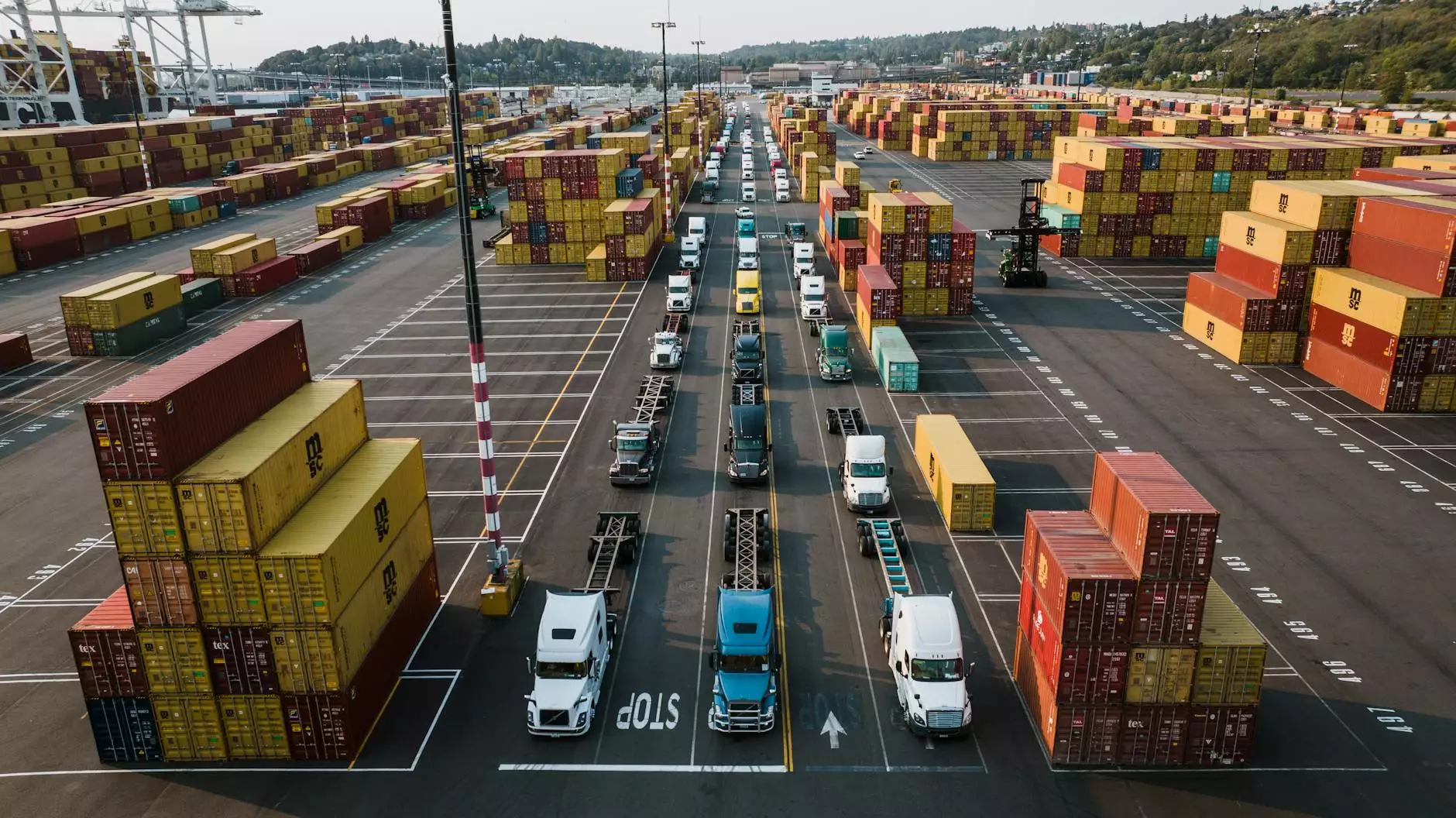Understanding Freight Charges Per KG: A Comprehensive Guide

The logistics industry is an intricate web of processes that ensures goods are delivered efficiently and on time. One crucial aspect of this industry is the calculation of freight charges per kg, which can significantly impact the overall cost of shipping products. In this article, we will delve deep into the topic, exploring what freight charges entail, the factors influencing these charges, and how businesses can optimize their logistics strategy.
What Are Freight Charges?
Freight charges are the fees associated with transporting goods from one location to another. These charges can vary widely based on several factors, including the mode of transport, distance, and weight of the shipment. The term “freight charges per kg” specifically refers to how much it costs to transport one kilogram of cargo. This metric is crucial for businesses that rely on shipping as it provides a clear understanding of logistics costs.
Types of Freight Charges
- Base Rate Charge: The fundamental cost associated with shipping, typically multiplied by the weight of the shipment.
- Fuel Surcharge: An additional fee that carriers apply to account for fluctuating fuel prices.
- Handling Fees: Charges for the physical handling of goods, including loading and unloading.
- Accessorial Charges: Extra fees for special services like expedited shipping or warehousing.
- Insurance Costs: Charges related to insuring the goods being transported.
The Importance of Calculating Freight Charges Per KG
Understanding freight charges per kg is essential for several reasons:
- Cost Management: Knowing the cost per kilogram allows businesses to budget and forecast shipping expenses more accurately.
- Competitive Pricing: Businesses can set prices confidently when they have a clear picture of their shipping costs.
- Negotiation Power: Understanding freight costs can empower businesses during negotiations with shipping providers.
Factors Influencing Freight Charges Per KG
Several factors affect how freight charges are calculated. Being aware of these can help businesses strategize and potentially reduce costs.
1. Weight and Volume
The weight of the shipment is one of the most significant determinants of freight costs. In many cases, carriers will use the larger of the actual weight or the dimensional weight to calculate charges. This means companies need to consider both the weight and the volume of their goods.
2. Distance and Travel Route
The greater the distance a shipment must travel, the more expensive the freight charges will be. Additionally, the chosen route can affect costs, as some routes may be more congested or require additional fees, such as tolls.
3. Mode of Transport
Different modes of transport (air, sea, rail, or road) come with varying costs. For instance, air freight is typically more expensive than sea freight but offers faster delivery times. Understanding mode options helps businesses choose the most cost-effective solution for their needs.
4. Type of Goods Being Shipped
The nature of the goods—whether they are hazardous, perishable, or oversized—can also contribute to increased charges. Certain items require special handling, storage, or transport methods that can drive up costs.
5. Seasonality and Market Demand
Freight charges can also fluctuate based on seasonal demand. During peak seasons, such as holidays, rates can increase due to high demand for shipping services. Being aware of these patterns allows businesses to plan their shipments strategically.
How to Optimize Freight Charges Per KG
Here are several strategies businesses can implement to optimize their freight charges:
1. Consolidate Shipments
Shipping multiple items together can significantly reduce costs. By consolidating shipments, businesses can benefit from volume discounts, ultimately lowering their freight charges per kg.
2. Negotiate Rates with Carriers
Building strong relationships with shipping providers can offer leverage in negotiating better rates. Many carriers are open to negotiations, especially for businesses that ship regularly.
3. Utilize Technology
Implementing logistics software can help automate shipment planning, making it easier to find the most cost-effective shipping methods and rates. This can lead to significant savings on freight costs.
4. Optimize Packaging
Reducing the size and weight of packaging can help minimize freight charges. Companies should aim for lighter, compact packaging that still protects the items adequately.
5. Keep Up with Market Trends
Businesses should stay informed about changes in the logistics industry, such as average freight rates and shipping regulations. This knowledge can help in timely decision-making and adapting strategies to changing market conditions.
Conclusion: The Future of Freight Charges Per KG
The landscape of shipping and logistics is always evolving, and understanding the implications of freight charges per kg is increasingly important. By grasping the various factors that affect these charges and implementing optimization strategies, businesses can improve their bottom line while continuing to provide excellent service to their customers.
As more companies turn to online platforms for their cargo needs, a focus on effective logistics strategies becomes crucial. Utilizing platforms like CargoBooking.aero can provide businesses with valuable insights and services to streamline their shipping processes. By understanding and managing freight charges effectively, companies can thrive in the competitive marketplace.
Take Action Today
If you’re looking to reduce your shipping costs or optimize your logistics strategy, start by calculating your freight charges per kg today. Reach out to freight carriers for quotes, negotiate rates, and consider utilizing technology for better management of your shipping needs. Every kilogram matters—make sure that you’re managing it effectively!









